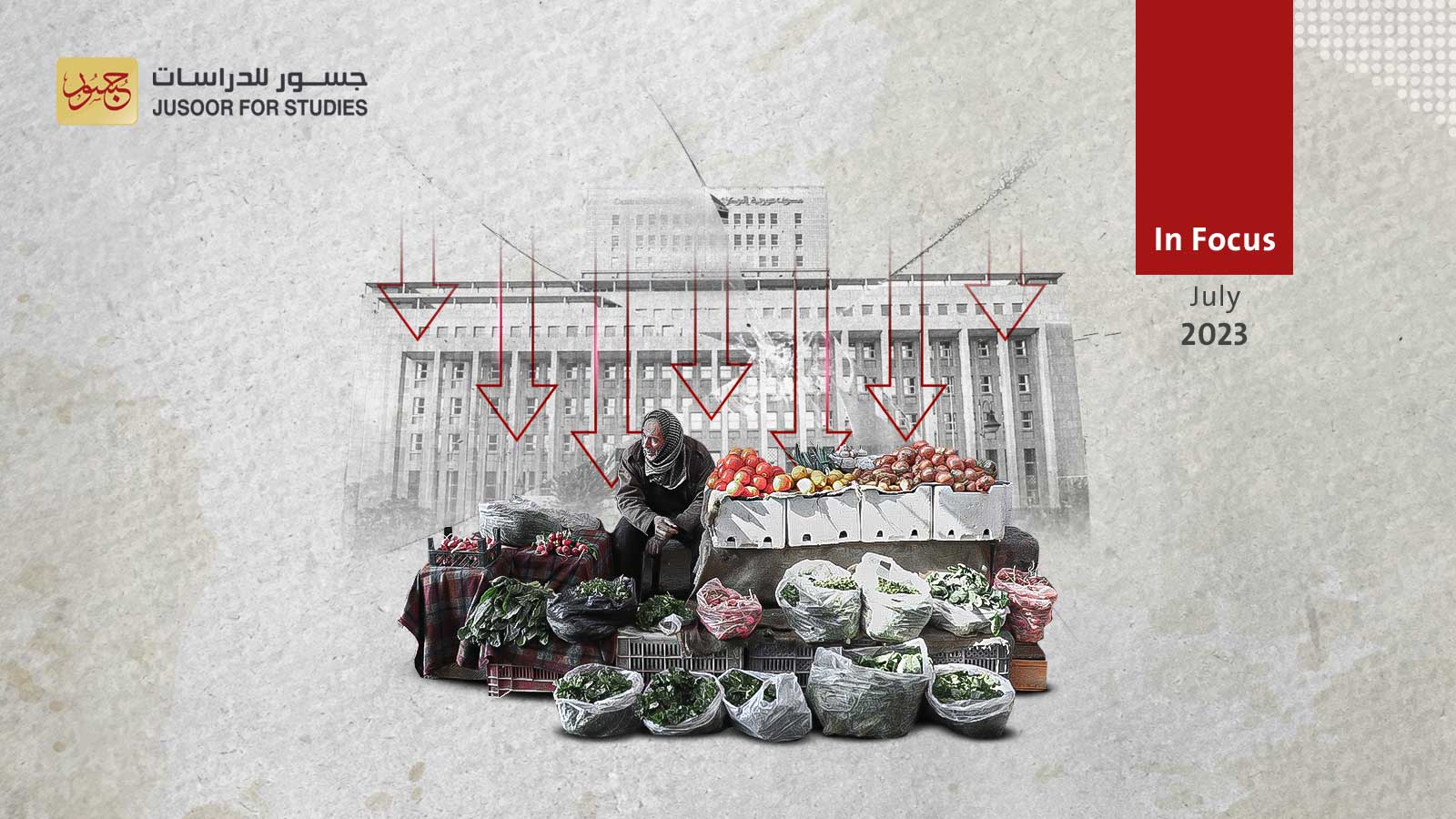Fewer Money Transfers: Eid al-Adha Confirms the Failure of the Syrian Regime's Monetary Reforms
Over the past months, the Central Bank of Syria, the regime’s body responsible for monetary policy in Syria, has been working on a range of "monetary policy reforms". It has increased its oversight of banks, exchange companies, and money transfers. It has also adjusted the price of the US-dollar coming from transfers several times, thereby raising the dollar exchange rate and subsequently lowering the value of the local currency SYP/ lira. Moreover, the Central Bank increased the interest rate to 11%, allowed for a larger inflow of foreign currency through the border points. Furthermore, the Central Bank has also issued more new 5000 Syrian pound banknotes without replacing them with any other ones and made recommendations for granting credit facilities to production establishments.
Meanwhile, the Finance Ministry in the regime's government, which is responsible for implementing fiscal policy, has been working to suck funds from banks by issuing treasury bonds in Syrian pounds, where it has issued banknotes worth hundreds of billions over the past period.
A clear contradiction is evident in the regime's adopted policies, both within the monetary policies themselves and between the monetary and fiscal policies. This discrepancy can be attributed to the fact that these policies are not intended to stabilise prices or reduce unemployment rates, or boost economic growth rates, but rather to draw more foreign currency to finance its own war machine and enhance control over society, thereby managing everything that enters or leaves the country, even if this involves the assistance of the regime’s security branches.
Despite the measures enforced by the regime's institutions, it has been observed that the money transfers received by the regime's areas during Eid al-Adha and the days leading up to it were less than any previous anniversaries of Eid. The money transfer offices did not witness the usual congestion experienced in past seasons. This appears to be due to several key reasons:
- The regime's failure to stabilise the exchange rate; repeated manipulation has led to a collapse in the value of the lira, maintaining the market price above the dollar transfer rate by a significant margin, thus causing many potential transfer senders to hold off until a more opportune moment.
- The regime's desire to regulate transfer operations through security campaigns and the arrest of a number of traders or individuals capable of delivering transfers, which has resulted in the interruption of unofficial channels. Consequently, a large number of people are reluctant to receive transfers using their personal cards for fear that the sender may be wanted by the regime. They are afraid that they could be held accountable for the received funds, even if they are small amounts.
- The occurrence of multiple disasters and the failure of the regime's government to provide any services or compensation to the affected people have caused regular remittance senders to exhaust their resources in transfer operations. They had already sent funds during the earthquake that hit the country roughly three months before Eid al-Adha, which makes them less capable of sending regularly.
In conclusion, the regime's monetary and financial institutions have been aiming to gather the largest possible quantity of foreign currency through various methods. However, the disjointed and conflicting nature of these policies has resulted in an unstable collapse of the Syrian pound's exchange rate, a decrease in the volume of overseas cash transfers, particularly during the period of Eid al-Adha, and a mass withdrawal of clients from commercial banks."








